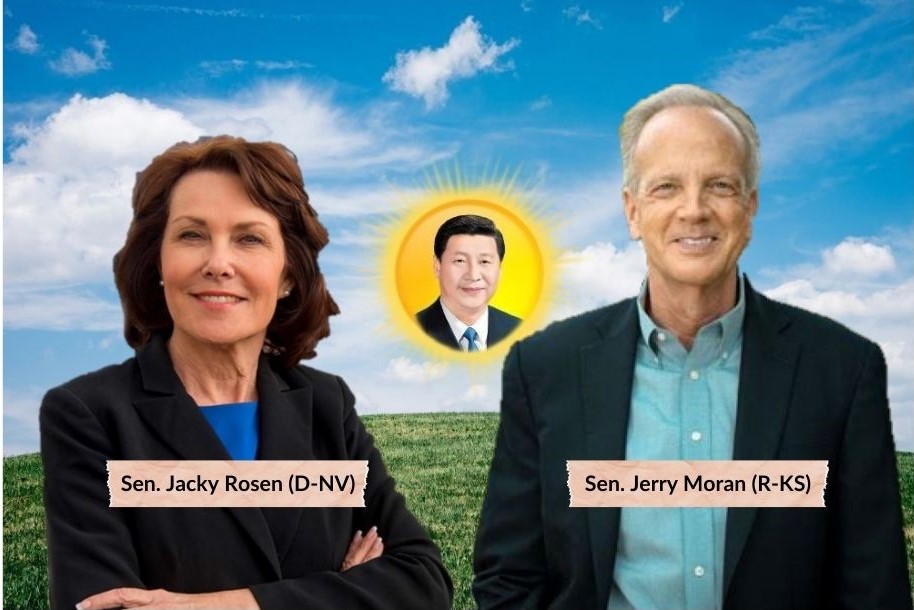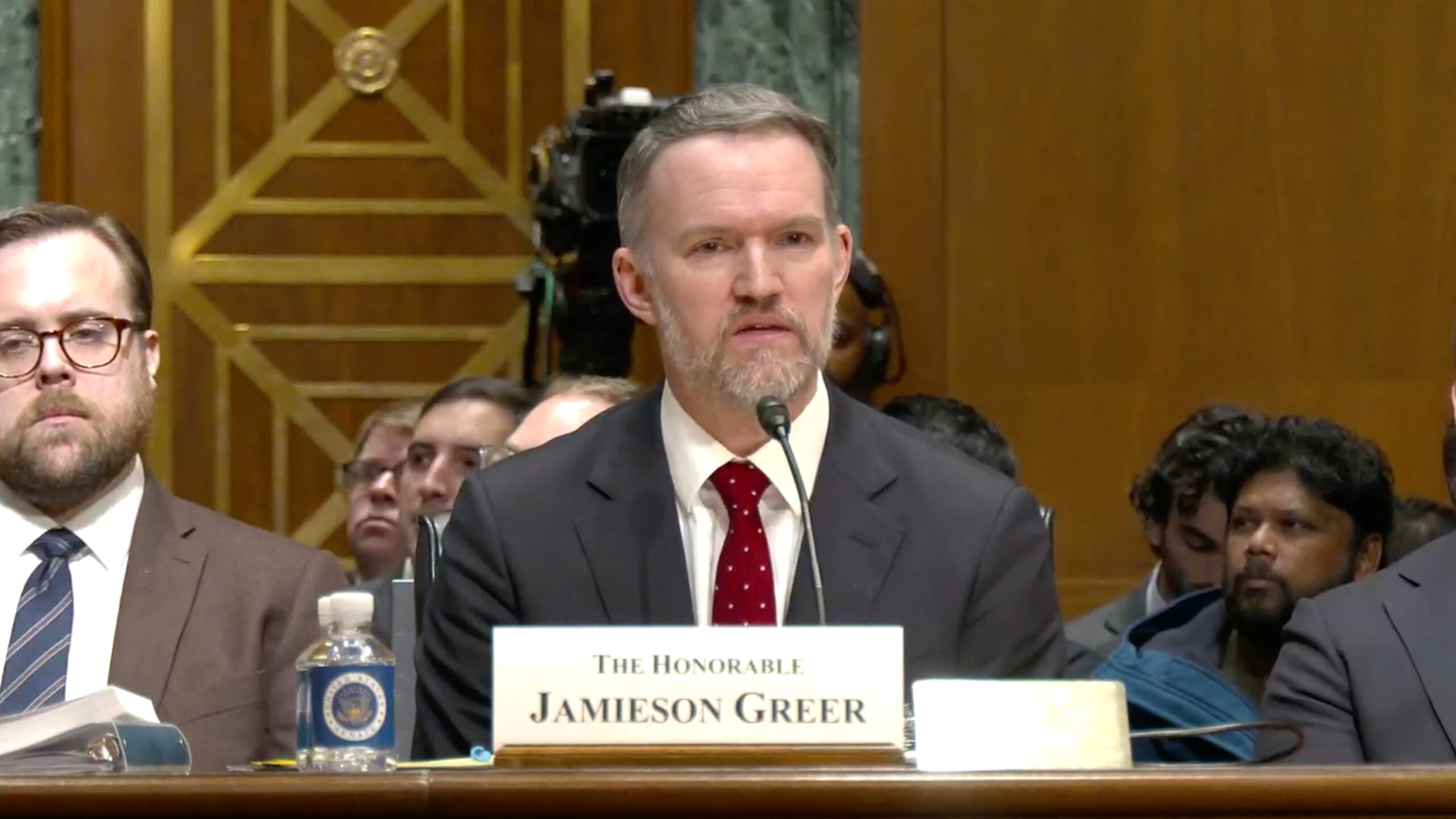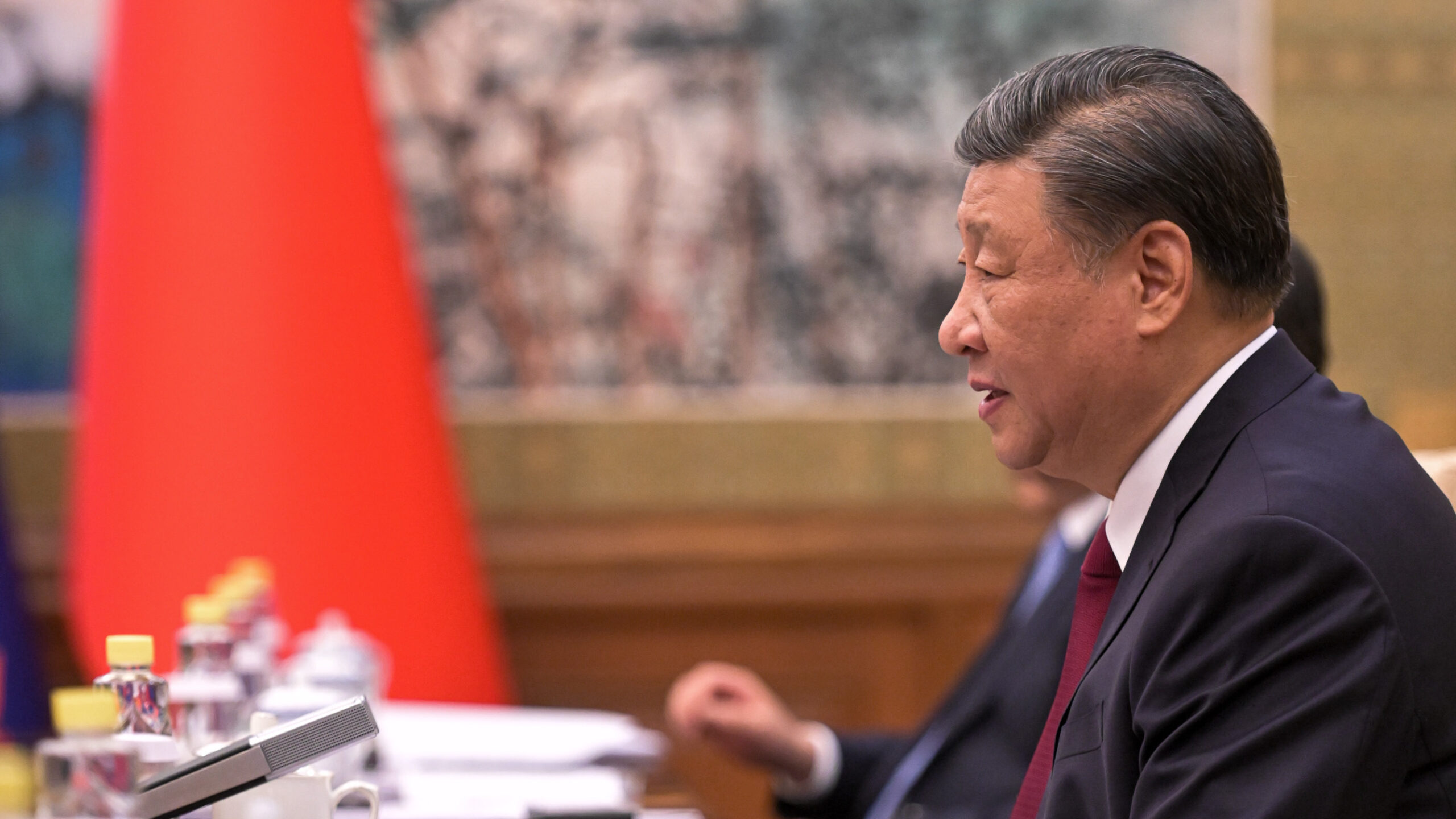Call them the dueling solar Senators.
On one side, 8 pro-China import Senators sent a letter urging President Biden to let the Section 201 solar tariffs expire on February 7. They sent their note on January 19.
On the other, six pro-U.S. manufacturing Senators sent their letter to the President on January 20 urging the opposite.
“We do not accept the premise that the only way for our country to invest in renewable energy sources is to remain dependent on Chinese-produced and other imported goods. In fact, we can reduce emissions by fostering increased capacity for domestic solar cell and module manufacturing, since products manufactured in the United States are among the most environmentally friendly in the world and built with strong labor standards,” the six Senators wrote.
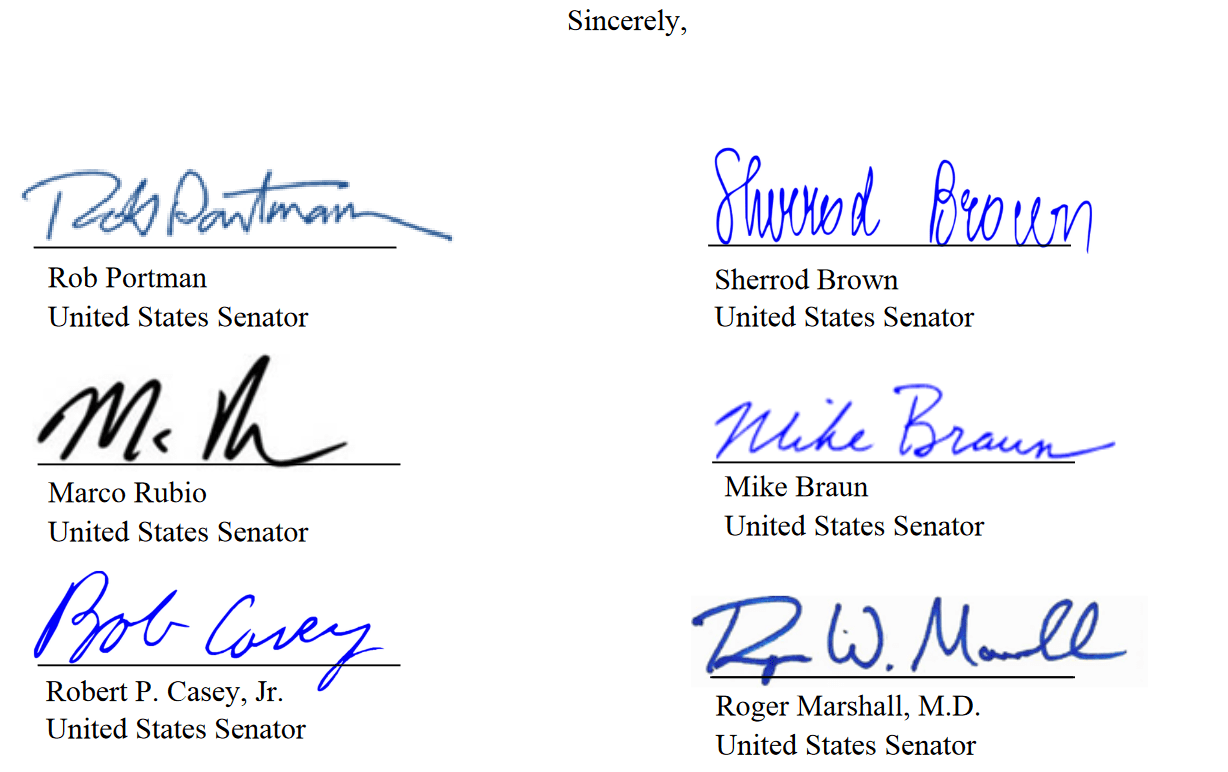
These six Senators from both parties want tariffs to remain on Asian solar imports.
The International Trade Commission (ITC) sent a letter to Biden on December 8 after a comprehensive review of the fast-expiring four year safeguard measures and their impact on the domestic solar industry. They recommended the White House extend the safeguards for another four years, including adding double-sided solar panels to the tariffs. They were originally added, then removed due to a court ruling against the Trump administration following a lawsuit by the Solar Energy Industries Association (SEIA), the main solar importer lobby.
The 8 Senators in favor of SEIAs position, including renown climate activist Senator Sheldon Whitehouse (D-RI) wrote that “extending the tariffs will do nothing but add unnecessary costs to U.S. consumers, hurt American solar jobs, and artificially stymie the deployment of otherwise viable solar projects in the United States.”
According to federal government figures, the average price of a solar panel in 2017 was 48 cents a watt. Section 201 global tariffs of 30% were imposed in 2018. In 2019 the average price was just 40 cents, a decline of 17%, despite tariffs.
The reasons these prices continued to fall are that there is sufficient competition within the U.S. to keep these markets competitive. Tariffs are not adding to price increases, as CPA chief economist Jeff Ferry pointed out on January 7.
The 8 SEIA Senators said they are “fully support efforts to promote domestic manufacturing throughout the solar supply chain.” But added that the locals will too long to ramp up Asia-style capacity to meet demand, especially from independent power producers who are producing electricity for the grid, with China-made solar.
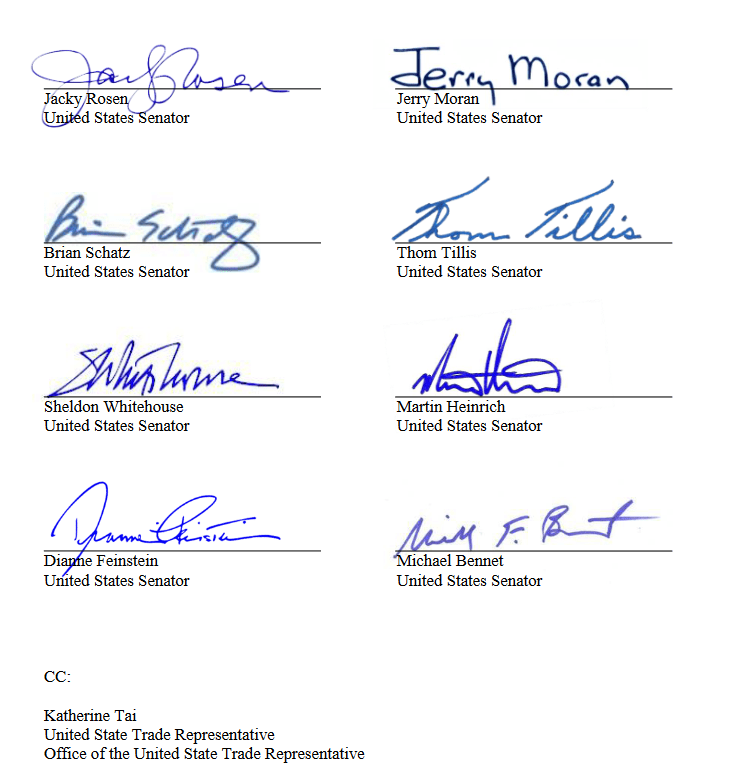
Signatures of Republican and Democratic Senators looking to put an end to solar safeguard tariffs by Feb. 7.
It would be a fool’s errand to step into a post-fossil fuel world, by leaving behind a fossil fuels-rich U.S. and moving into a China-dependent solar power market.
Even the 8 Senators note that “current domestic production only meets 15% of the U.S. solar demand.” And one reason for that, which did not go noted, is because of dumping from Southeast Asia – an investigation that the Commerce Department dropped last fall – and the massive, heavily subsidized, economies of scale of China.
China has been building up its wind and solar power manufacturing base to serve U.S. and European markets ever since Beijing caught wind that Brussels and Washington were doing away with coal and oil for energy.
There is no evidence that domestic solar production will increase without safeguards. In fact, the entire industry was on its last breath until the safeguards were put in place.
Both sides of the Senate noted the use of forced labor in solar supply chains and said they agreed cells and modules made from Xinjiang sourced polysilicon was off-limits.
CPA conducted a poll with Morning Consult, published earlier this month, showing the majority of Americans are not on the side of the pro-China import lobby when it comes to solar. The idea that China can save the planet with coal-fired factories along the solar supply chain is not lost on most American registered voters.
Some 61% of voters, including 66% of Democrats, say they are more likely to vote for a candidate who opposes importing solar energy equipment produced in coal-fired power plants. China or China-controlled factories in Southeast Asia rely heavily on solar panels and inputs produced with coal-fired power.
A significant majority (55%) of voters, including 60% of Independents, say they are less likely to vote for a candidate who supports addressing climate change by importing solar panels manufactured in China or China-controlled factories in Southeast Asia that are linked to the use of forced labor.
Moreover, a whopping 79% of voters told Morning Consult that a candidate’s policy on imported solar from China is important. Democrats, more so than Republicans, said that a candidate’s policy on China solar imports was a factor in voting decisions.
Biden has a decision of his own. By February 6, the White House has to decide whether to stick with the ITCs recommendations or follow the advice of the 8 pro-import Senators.



